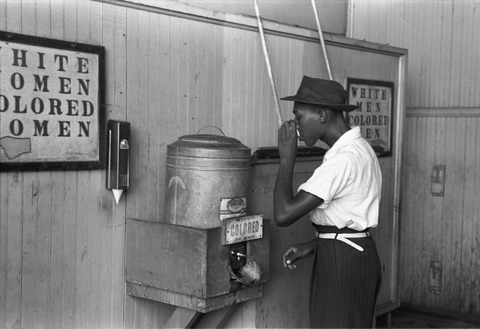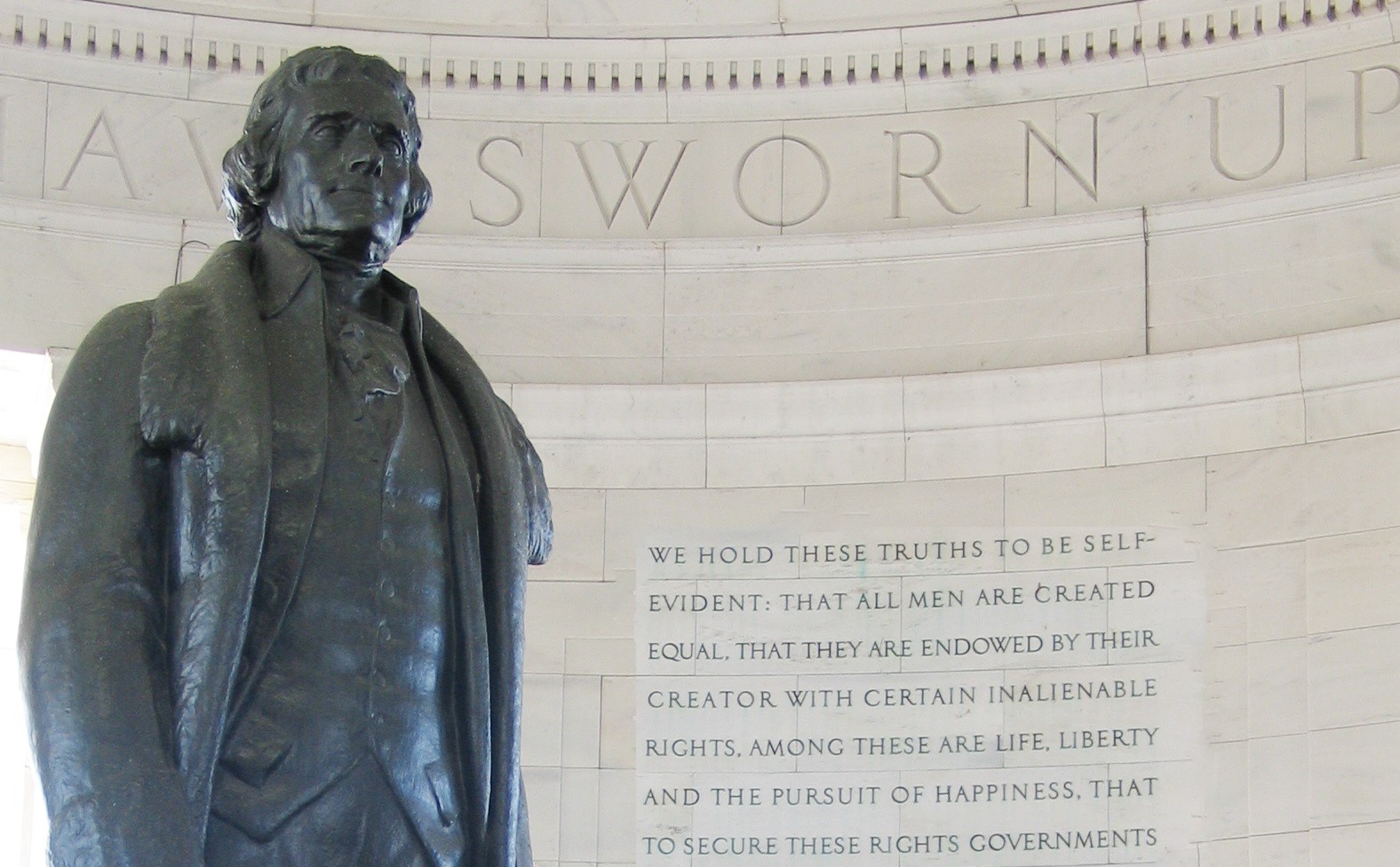Remembering and caring about history are not the same as believing in the idealized mythology that passes for American history.
Last summer, after the murder of George Floyd ignited outrage across the United States and around the world, protesters began pulling down statues of racist historical figures, including Confederate generals and those who owned enslaved people. Conservative backlash followed, framed as concern over our collective ability to remember our own history, as if statues raised during the Jim Crow era to remind African Americans of their ‘proper’ place in society were our only source of historical information and that other repositories, such as books and museums, don’t exist. One might have drawn the conclusion that conservatives care deeply about history, but arguably, they care about something else even more.
But first, a small detour.
The results of past actions keep reverberating into the present. Mere months before Derek Chauvin stole Floyd’s breath, the former President’s son-in-law, Jared Kushner, was busily crafting a peace plan for the Middle East. It’s a daunting responsibility, but Kushner took an ignorance-first approach, believing that starting with a fresh slate was not only possible, but the key to establishing a contractual peace along a new regional axis. According to former negotiator Aaron David Miller, Kushner told him not to mention history when consulting with him about the process. “He said, I told the Israelis and the Palestinians not to talk to me about history too.” How Kushner thought he could work effectively and achieve success without understanding the region’s complex and fraught past is an enigma, but it reveals a clue.

Another clue can be found in the former Administration’s hostility toward Critical Race Theory (CRT) and the 1619 Project. Although CRT is having a moment in the spotlight, it’s been around since the mid-1970s in academic and legal circles. The main idea is that racial bias is not merely an attitude that individuals may hold, but is an integral part of our country’s DNA. Focusing on the real-world outcomes of structural racism in American legal, economic, educational, and social systems may be the only way to root it out, thereby rectifying a kind of original sin.
Once structural racism is visible (which can be like trying to make water visible to fish, when it comes to the dominant culture in the United States), there are two ways to think about history through the lens of CRT. Hopefully, one can use the knowledge to inform actions and policy with the goal of becoming a better nation and fulfilling the promise of the Declaration of Independence, that all of us are equal. The other way is to freak out, simplify CRT past all reason to the lowest common denominator of political hackery, and start banning teachers from mentioning it in school (when they are unlikely to have been familiar with it in the first place). This being the USA, we’re taking the latter path.
Political historian Heather Cox Richardson tied both of these stories together in a recent post. Why, she asks, is CRT “such a flashpoint in today’s political world?” Because the same people who consider Confederate statues to be valuable reminders are, like Jared Kushner, ambivalent (at best) about history when it makes them confront what they would rather not. Does CRT teach people to hate their country (and, by association, themselves)? No. However, when an honest accounting of the effects of persistent racial injustice and a real attempt to eradicate such iniquities would deprive the dominant culture of its systemic advantages, there’s obvious self interest in describing it that way if one is actively disinterested in doing the hard work. As the meme says, when you’re accustomed to privilege, equality feels like oppression.
If we’re going to learn about history with an eye towards creating a better future, there’s no time like the present. Reality matters, whether the subject is America’s racial past, abandoned fracking wells, or civilization-ending drought cycles in the desert southwest. Insisting loudly that the United States is invariably the “good guy,” that individuals can always get ahead with hard work and the sheer force of will, or even that small changes coupled with hope and prayer can rescue us from our own folly, may feel a whole lot better than confronting history’s causes and effects, atoning for the still-reverberating actions of our ancestors, and making hard yet necessary changes. If conservatives want to show that they truly care about history instead of the magical star-spangled mythology they seem to prefer, reading up on real CRT (instead of the “fake news” version) would be a good start.
Related: Confederate Monuments: Chicken or Egg?


Join the conversation!